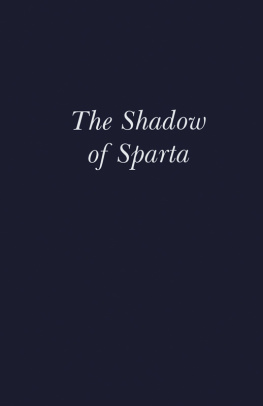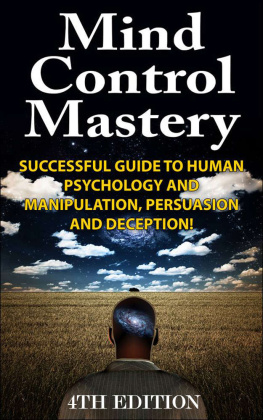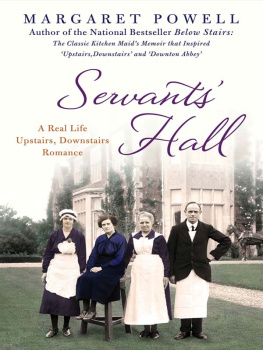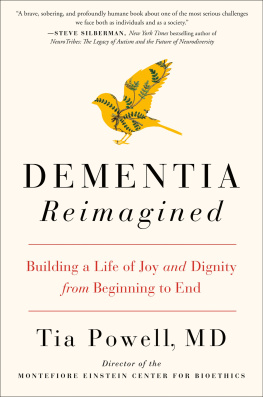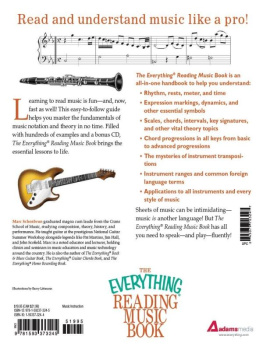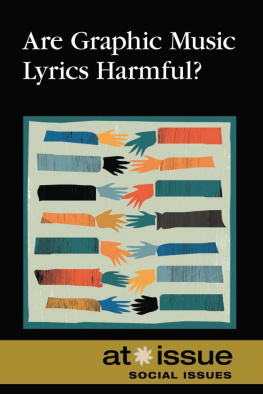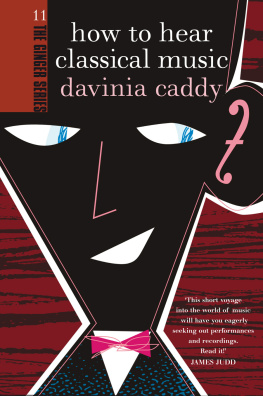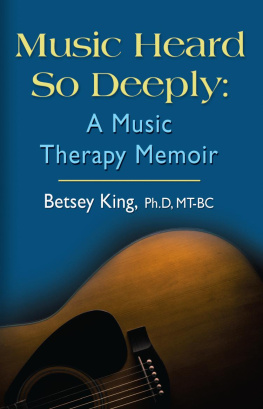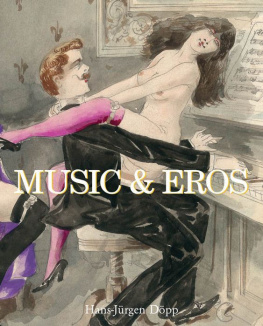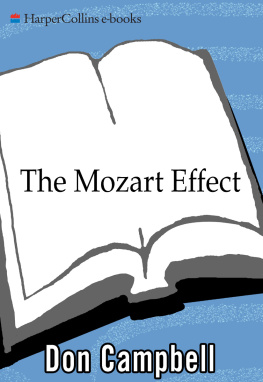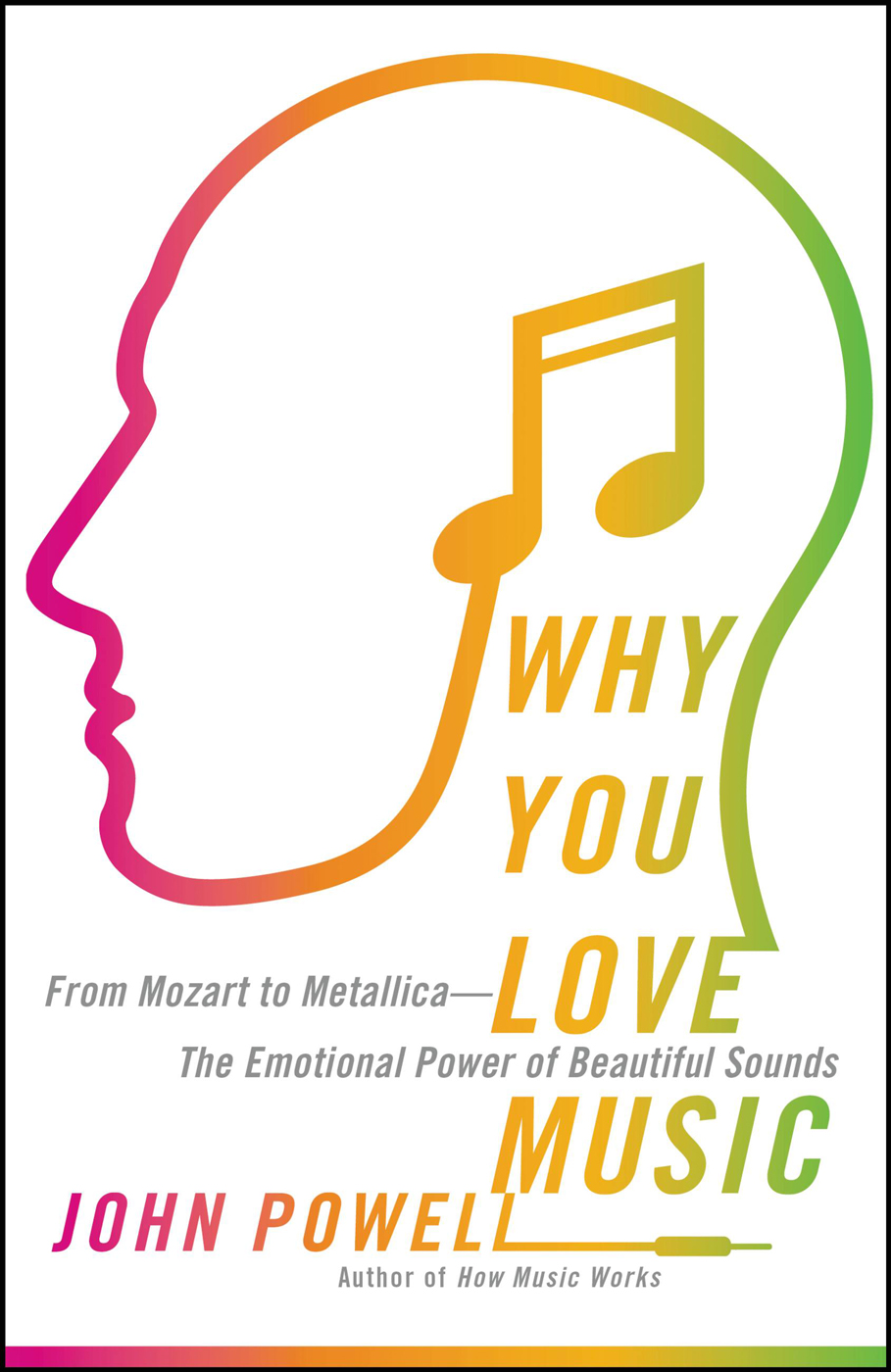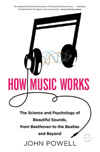How Music Works: The Science and Psychology of Beautiful Sounds, from Beethoven to the Beatles and Beyond

Your musical taste says quite a lot about you. In the hands of a psychologist, a list of your ten favorite pieces of music can reveal details about how extroverted you are, what sort of background youre from, and even how old you are. The age estimate is pretty straightforward because a surprisingly large proportion of your favorite music will have been produced when you were in your late teens and early twenties. The more psychological aspects of your musical profile are the result of decades of research into musical taste and our emotional responses to music. Some of the results of this research have been surprising, to say the least. In this book Ill be looking into the ways in which music affects our lives, from how it brings tears to your eyes, to how it can be used to make you buy more drinks in a restaurant. Lets begin by looking at your taste in music.
At last count there were about 7 billion people on the planet, which of course means that there are 7 billion personalities, all with their own musical likes and dislikes. Faced with the huge numbers involved, the early researchers into peoples taste in music decided to make things easier for themselves by reducing the number of personality types in the world to just two: the posh and the rabble. They then went on to work out that there were only two types of music: posh and lowbrow. From there it was but a short step to come up with the startling revelation that posh people liked posh music and the rabble liked all the other stuff.
How refreshingly simple life was in the mid-twentieth century.
Thankfully, things have moved on a bit since then.
Since the 1960s a lot of research has concentrated upon the problem of how to assess peoples personalities reliably. Everybodys personality is made up of a combination of several traits, and by the early 1990s psychologists were starting to agree that there were five basic personality traits that can be reliably measured. These are:
Openness (also referred to as Culture or Intellect)
Conscientiousness
Extroversion (or Energy)
Agreeableness
Neuroticism (or Emotional instability)
Recently a sixth trait, a combination of honesty and humility, has been considered for inclusion in the list.
The point of all this is that its possible to get a rough description of someones personality by ranking them, on a scale from one to ten, in these five or six characteristics.
In order to match these personality traits to musical tastes, the music psychologists found it useful to divide all the various types of music up into a small number of categories. After a lot of analysis, they found that the musical genres could be grouped together like this:
Reflective and complex music includes classical, jazz, folk, and blues.
Intense and rebellious music includes rock, alternative, and heavy metal.
Upbeat and conventional music includes pop, sound tracks, religious, and country.
Energetic and rhythmic music includes rap, soul, and electronic.
OK, sowho likes what?
It has been found that enthusiasts for reflective and complex music tend to score high on openness, are generally poor at sports, good with words, and often politically liberal.
Fans of intense and rebellious music also tend to score high on openness and are skilled with wordsbut they are usually good at sports.
Lovers of upbeat and conventional music tend to score high on extroversion, agreeableness, and conscientiousness, are good at sports, and are often politically conservative.
Party animals who are keen on energetic and rhythmic music tend to score high on extroversion and agreeableness and are often politically liberal.
These are, of course, just general trends. Im sure there are a few right-wing professional sportsmen who are jazz enthusiasts, and we all know a disagreeable, introverted pop fan or two. But these trends, identified by psychologists Peter Rentfrow and Sam Gosling, are real. They are, as the specialists say, clear and robust. Although you might have been able to guess some of these results, they are valuable because they are not based on assumptions or guesswork; they are the outcome of statistical analysis of thousands of listeners from America and Europe. There may be similar groupings in other cultures, but we dont know yet. This is a fairly new area of research that has looked only at Western listening patterns so far.
One other piece of information from these studies that is clear and robust is that the four musical genre groupings, which link, say, rock, alternative, and heavy metal together, or combine rap with soul and electronic music, really do work as taste groupings. So if, for example, you like blues, there is a good chance that youll enjoy the genres that are grouped with itjazz, folk, and classical.



